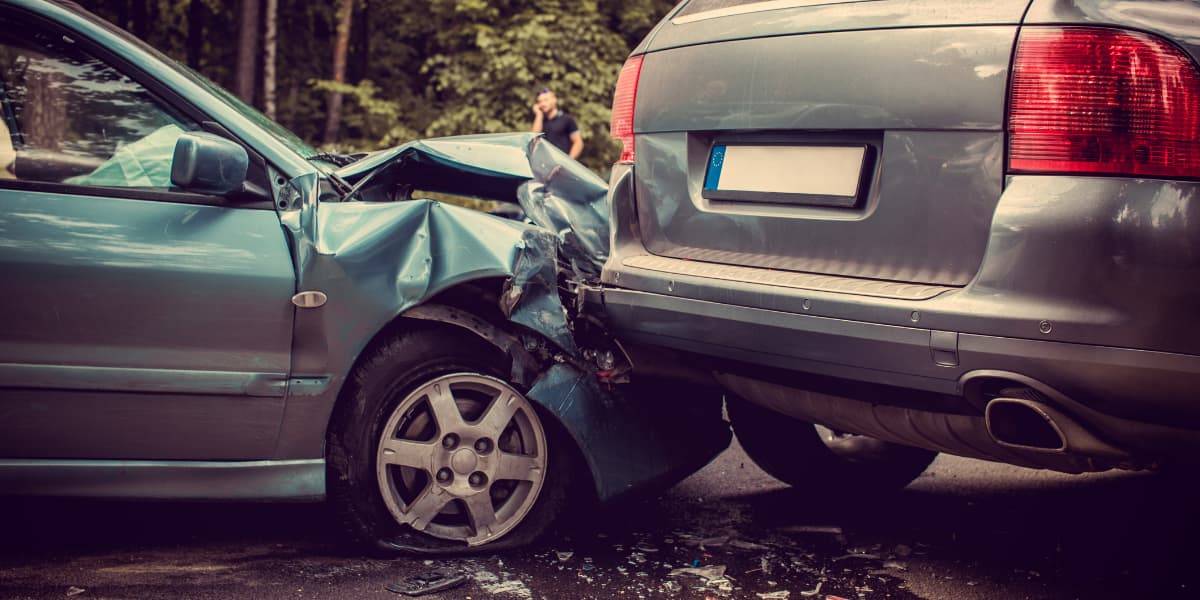Following a car accident, most people are looking forward to a quick resolution. The earlier the case is settled, the faster they can pay their bills and move on with their lives. While this type of thinking is fine for minor fender-benders, major car accidents are complex, can involve serious medical injuries, and the financial setback can be severe. You may not be able to return to work for months and your insurer may either not cover all your healthcare bills or may have a cap on expenses. While an early car accident settlement is desirable, here are a few things you should be aware of before you sign a settlement contract.
-
The insurer isn’t on your side: the first thing to learn about car wrecks and settlements is that all insurers run a business and their job is to minimize the number of payments, no matter how severe the injuries. So, no matter how sweet-talking the insurer is to you, remember, they are not always your friends.
-
The early insurance settlement: When you are not at fault and have suffered serious injuries, rest assured the insurer will call you up and offer a quick settlement. While this may sound like good news, it is NOT. The insurer is only trying to look out for themselves by making a small financial offer; in reality, you can get much better compensation if you allow a car accident attorney to negotiate for you. These professionals not only know the law but know how to negotiate for a maximum settlement, which will be in your best interests.
-
Never settle with the first offer: Injured victims need to know that a settlement offered by the insurer is not fixed and binding. You have the absolute right to refuse and renegotiate the settlement. The insurer will ALWAYS make a low-ball offer; if you are not good at negotiations, consult with a personal injury lawyer who can help you.
-
Consult with an attorney: Granted, you do not need a lawyer for all car accidents. But if you have never dealt with an insurer, have suffered a major injury, or feel that the insurer is pushing you to settle too quickly, always speak to an attorney first to know your options. It is important to know that you have legal rights and you can protect yourself by consulting with an attorney ASAP.
-
Read the accident report: Most people never know what is in their accident report and rely on the insurer for documented information. Before you accept any settlement, ask the police department or the insurer for your accident report. Read it to make sure there are no major errors. If there are any inaccuracies, you need to have them corrected. For example, the report may have wrongly stated that you were not wearing a seatbelt or that the road conditions were clear, when, in fact, it had been raining heavily. These inaccuracies can affect your settlement and, therefore, it is important to have them corrected.
-
Do not forget the doctor: Never accept an offer of settlement without a medical examination. After a car accident, even if you have no symptoms, always see a healthcare provider on the same day. Many injuries can manifest weeks or months later. If you fail to see the healthcare provider and now have symptoms, the other party may claim that the cause is from something else. The key is to have medical documentation if you want a maximum settlement.
-
Do not forget taxes: When you receive a settlement, you still need to pay taxes. Consult with an accountant who will know what deductions are allowed following the car wreck. Some of the medical expenses and pain medications that result from any injury are tax-free, but any money paid for lost wages is taxable.
-
Be patient: Insurers are never in a hurry to pay out claims. They always hope the clients will forget. Even for minor cases, it can take weeks and major cases can take months or even years. You need to be patient before you receive the settlement. In some cases, you may need to consult with a personal injury lawyer to speak to the insurer about any delay.
-
The settlement is final: When you accept an early settlement with your insurer following a car accident, you will have to sign a release. Once you do that, the settlement is final. If you discover later that you have a serious nerve injury that requires surgery or if you have had a vision loss, then you are responsible for the payments out of your pocket. Any time you have major injuries, it is difficult to predict the medical outcome in the long run and hence you should never sign a release form. Instead, consult with a personal injury lawyer on what to do in such cases.
-
Contingency basis: there is a certain paranoia among the public that lawyers charge exorbitant fees for cases. While this may be true in some cases, for most personal injury cases, lawyers work on a contingency basis, meaning they only get paid when you get paid. Most personal injury lawyers offer an initial consultation for free, where you are free to ask any questions and understand the merits of your case.
Conclusion
Car accidents are usually a big headache and most people would love to resolve the case with a car accident settlement. Unfortunately, if you have a major injury following a motor vehicle accident, you should always understand the pros and cons of an early settlement. If you are confused, consult with a personal injury lawyer who will not only be able to get you the maximum compensation you deserve but will provide you with the support to help overcome your injuries.

